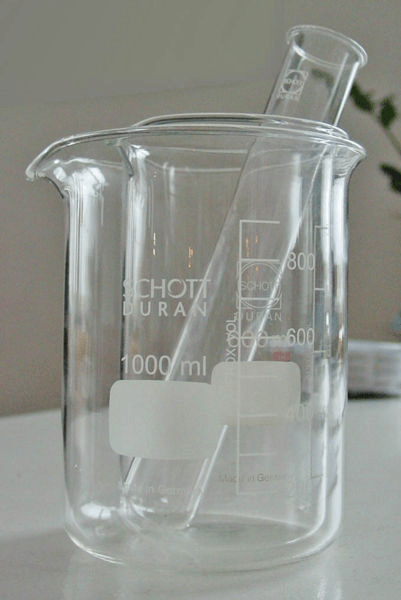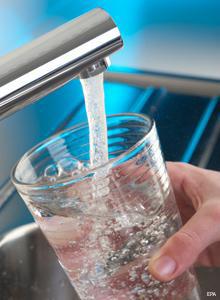What Should I Test For?
If you have not tested your water in several years, we recommend getting a comprehensive test that includes the following contaminants (* indicates those that are of particular concern for pregnant women, infants, and young children):
Annually:
- Total Coliform Bacteria*
- E.coli*
- Nitrate*
Initially or every 3 years:
- Chloride
- Copper*
- Hardness
- Lead*
- Manganese*
- pH
- Sulfate
- Total Dissolved Solids
- Any contaminant of local concern (e.g. arsenic, radon or radium) Check with local health department for specific testing recommendations
You should also contact your county well permitting office to check for any additional contaminants that may be of local concern. Once you have tested your water, you should continue with routine tests as follows.
How Often Should I Test?
ANNUALLY: Test for coliform bacteria and nitrates.
EVERY 3 YEARS: Test for pH, Total Dissolved Solids, and Sulfates.
You should also test your water if:
- You have a pregnant woman or infant residing in the home,
- Your family or guests experience unexplained or recurring gastrointestinal illness,
- Your neighbors find a dangerous contaminant in their water,
- Your suddenly changes in taste, odor, color, or clarity,
- There is a chemical or fuel spill into or near your well, or
- When the well system has been repaired or parts have been replaced.
Drinking Water Interpretation Tool
Once you receive your results from a water testing laboratory, simply enter those values into the appropriate boxes on the website below to get an interpretation of your results.
Drinking Water Interpretation Tool
Interpreting Your Test Results, Penn State Ext. - Video

